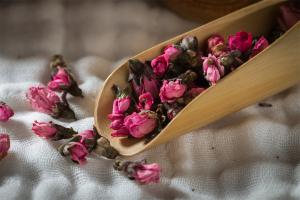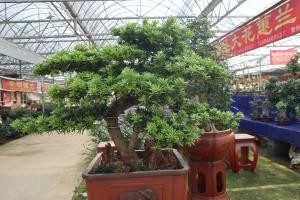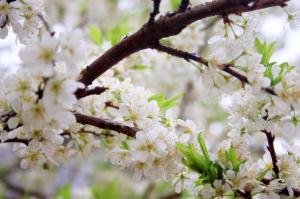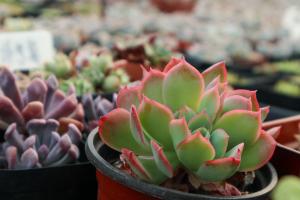When Clivia is frozen, 100 flowers bloom in spring
Clivia can bloom only after being raised for 4-5 years or 12 leaves. But some flower friends, these two conditions are met, why not bloom? It may be because the curing temperature is too high, Clivia can't vernalization and grow flowers and arrows
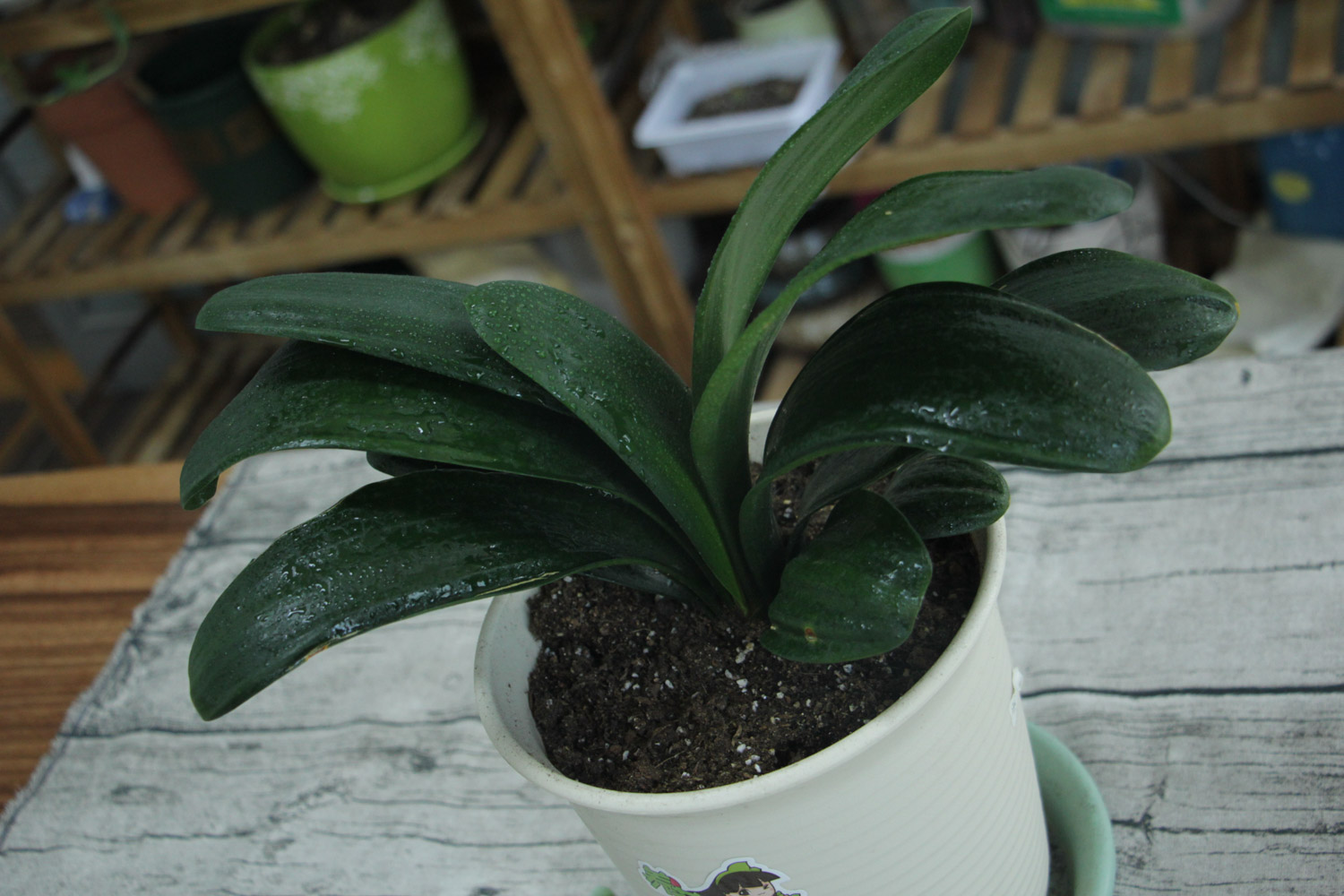
Flower promotion measures of Clivia:
1. Appropriate low temperature
Proper low temperature is conducive to the flowering and arrow shooting of Clivia. Therefore, the maintenance temperature of Clivia in winter should not exceed 15 degrees. It is not easy to Vernalize long flowers and arrows if it exceeds 15 degrees. This is the reason why Clivia rarely blooms in Guangdong and other places
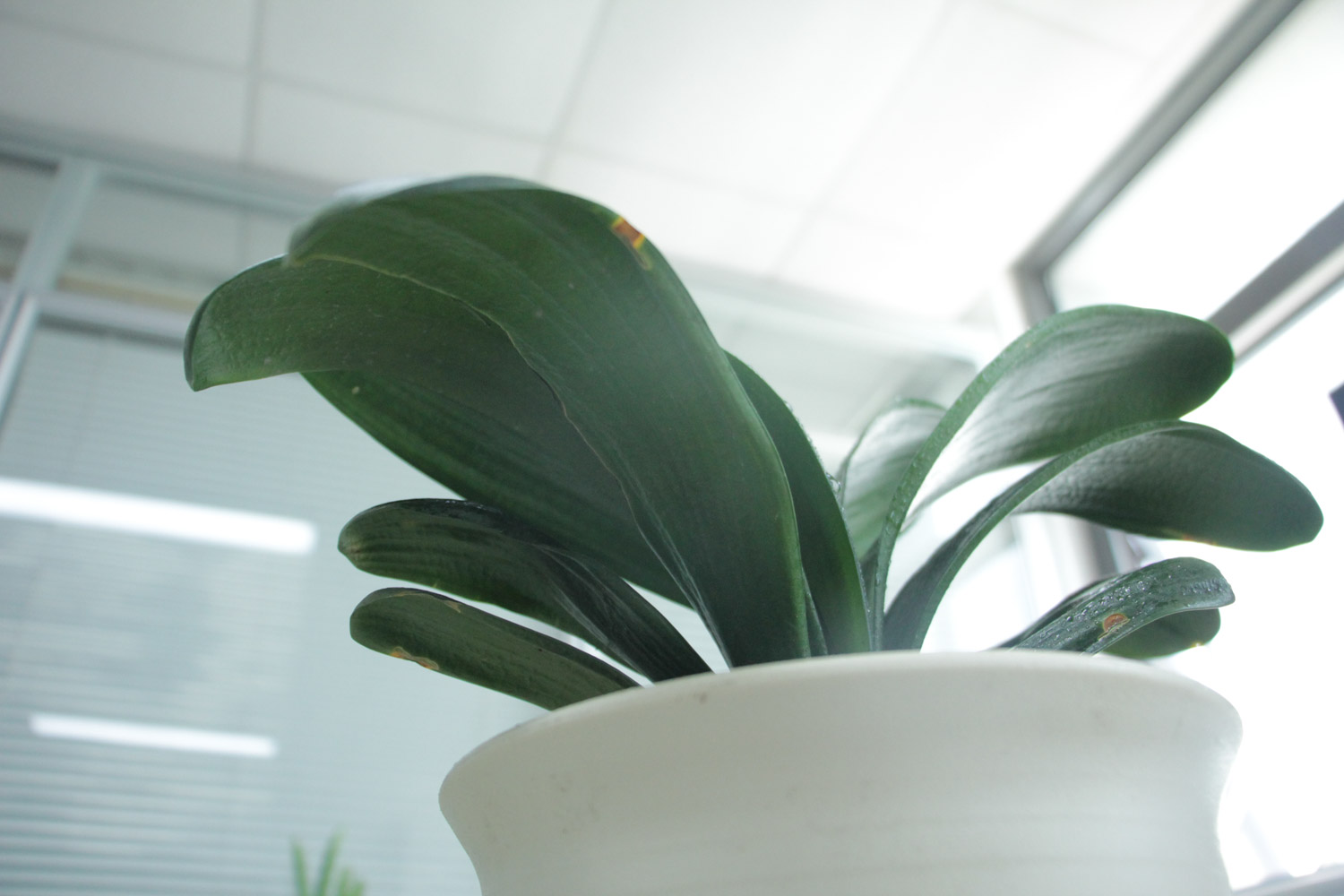
2. Create a large temperature difference
Large temperature difference is conducive to the arrow of Junzi orchid. It is best between 5-15 degrees. It is best not to be lower than 5 degrees. Junzi orchid is easy to be frostbitten below 5 degrees
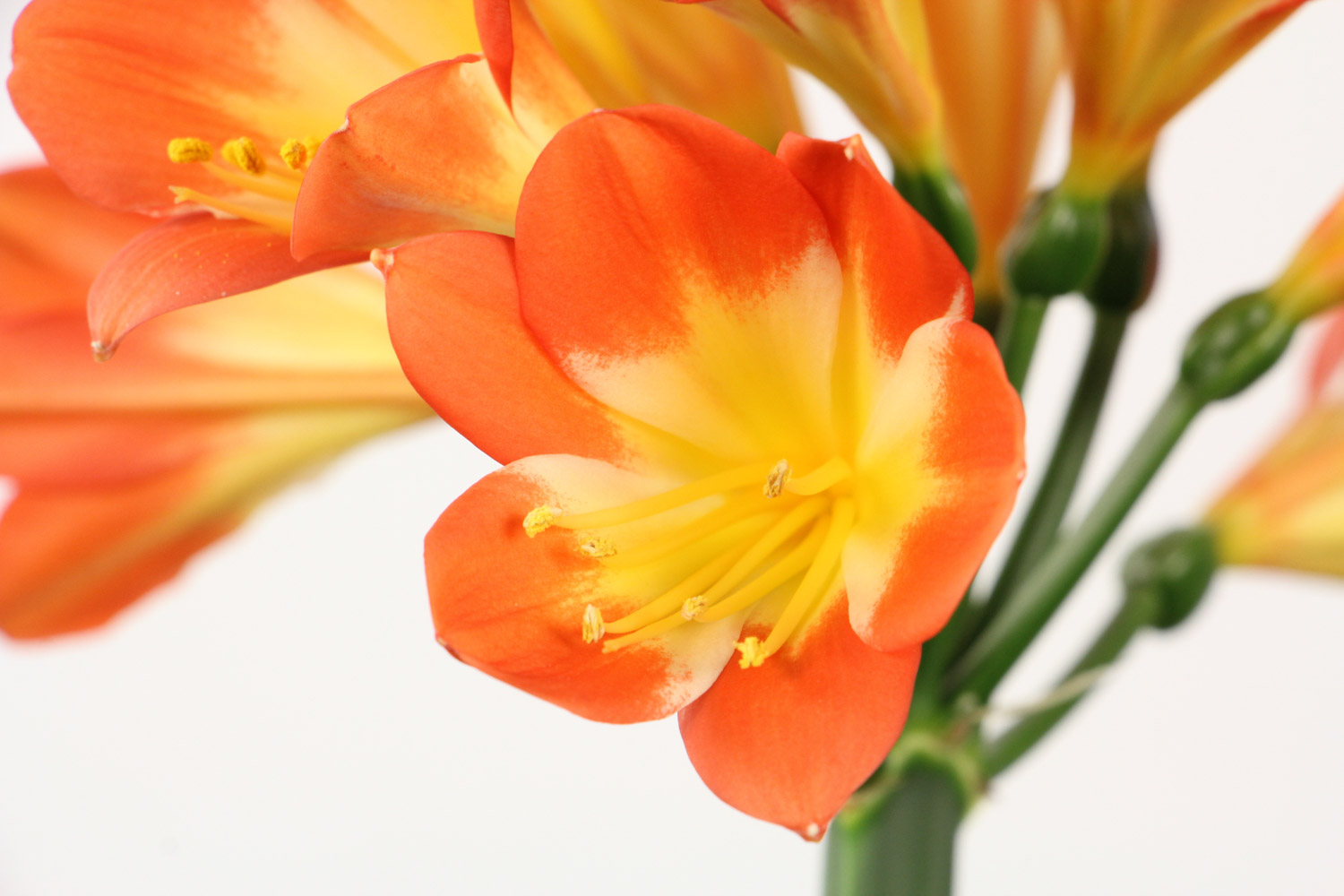
3. Increase the application of phosphorus and potassium fertilizer
Clivia needs a lot of nutrients to blossom in spring, so it should be properly supplemented with phosphorus and potassium fertilizer in winter. You can dig two small holes along the basin and sprinkle a little bone powder. Or when watering, add some potassium dihydrogen phosphate
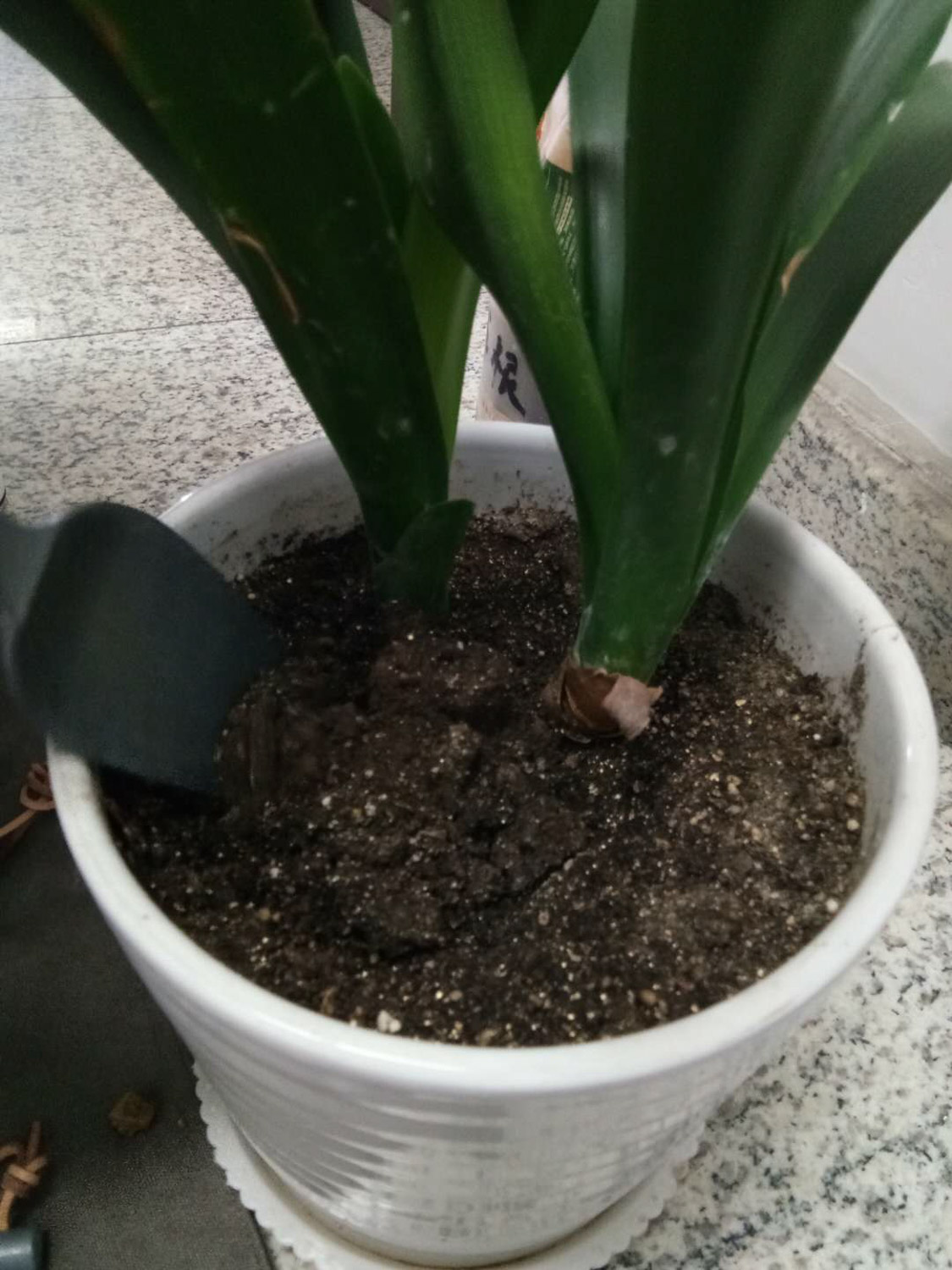
4. Control watering
Clivia needs to be watered under the low temperature environment of 5-15 degrees, otherwise it is easy to be frostbitten. It can be watered 1-2 times in January, and when the temperature is high at noon
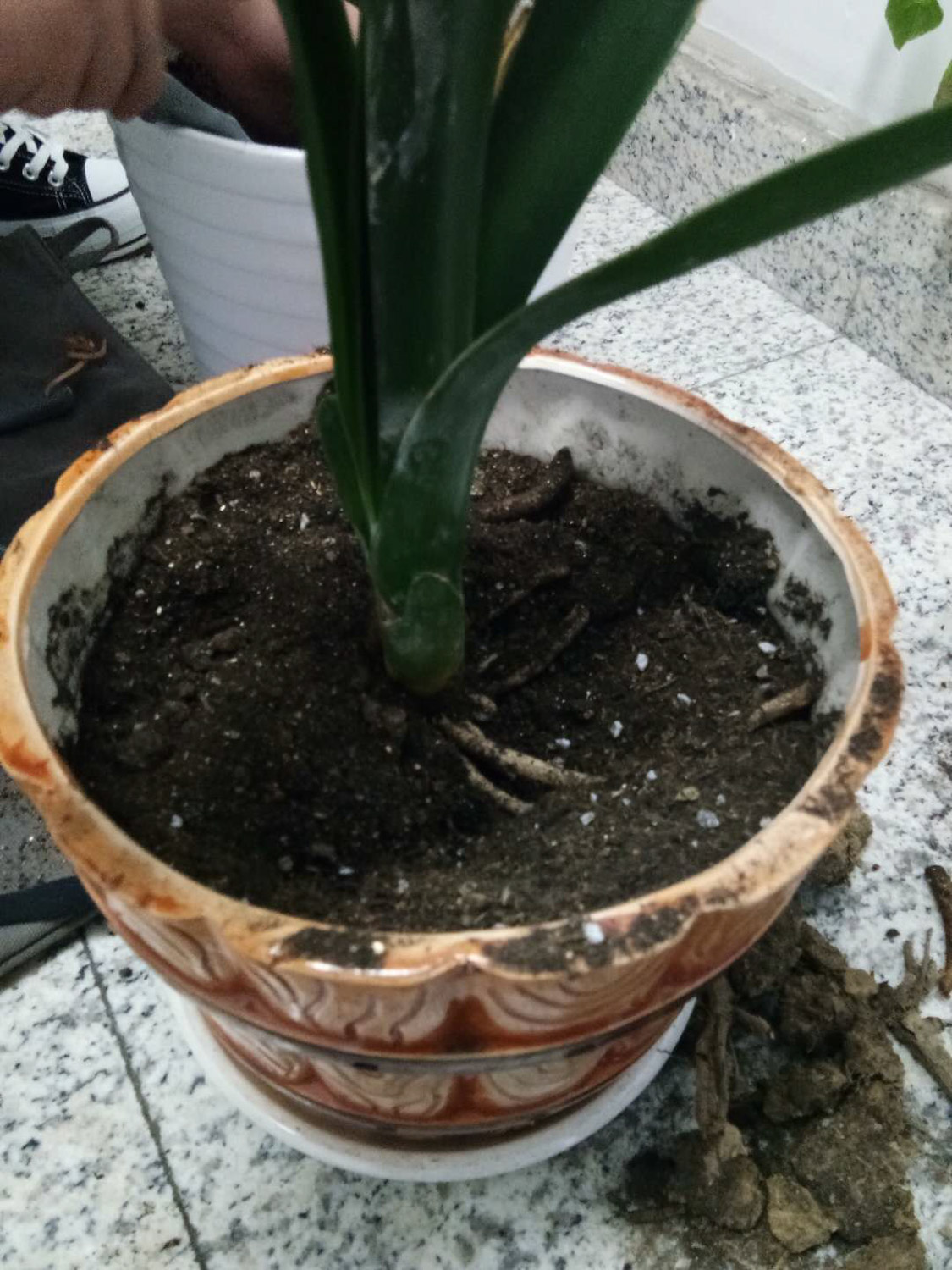
Phalaenopsis freeze, flowers bloom in clusters
As the Chinese New Year is approaching, there are more and more Phalaenopsis on the market. After flowering, they don't give up at home for 2-3 months. It's particularly festive. How can we make Phalaenopsis jump up flowers and arrows and bloom a lot? The answer is "torture" it
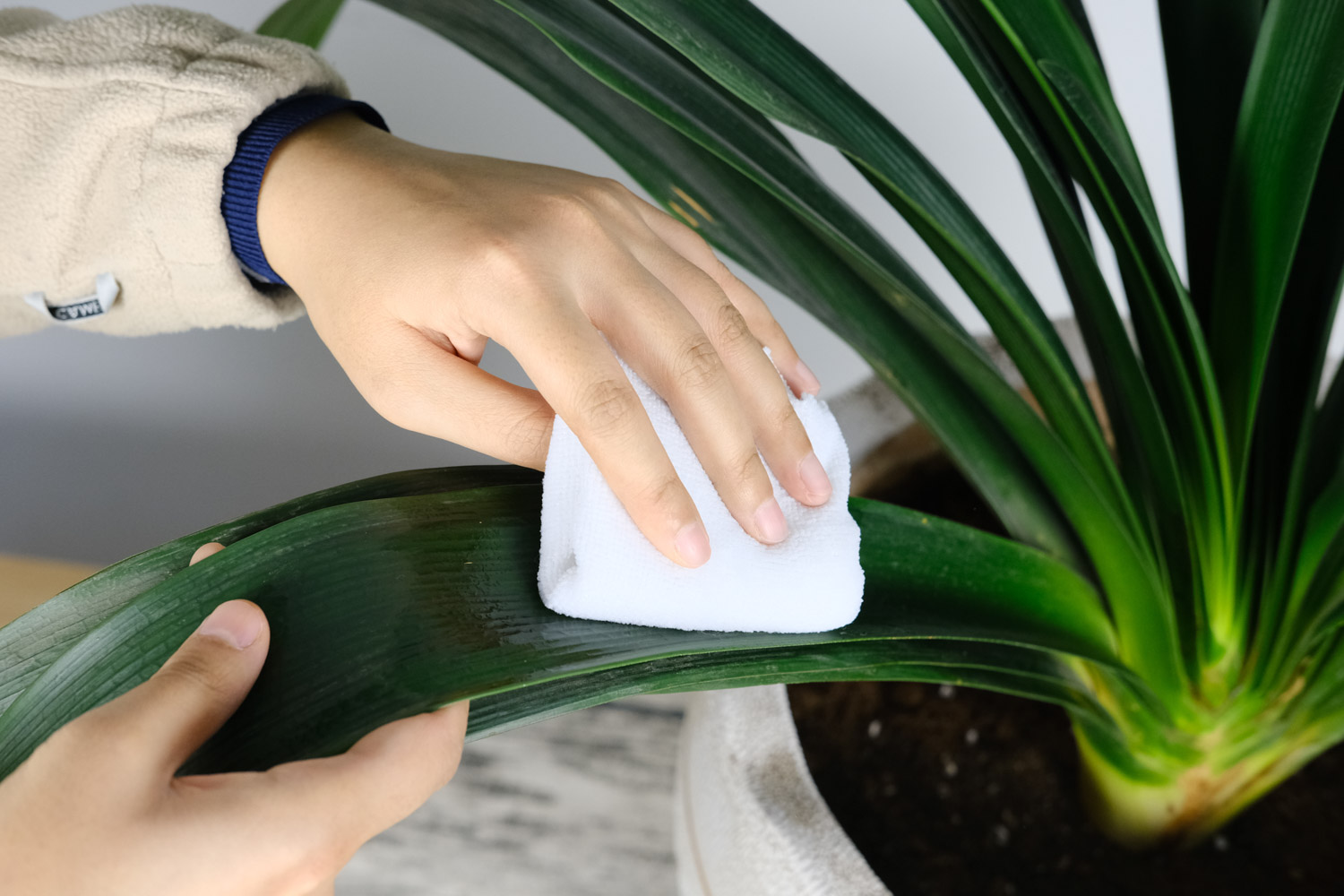
Phalaenopsis flower promotion measures:
1. Big temperature difference
Phalaenopsis flowering also needs a certain large temperature difference stimulation. It can be refrigerated in the refrigerator at night. The temperature is set at about 8-10 degrees. During the day, it can be taken out to the heating room at about 20-25 degrees. In this way, the total temperature difference of a day exceeds 10 degrees. If it lasts for 6-8 weeks, flowers and arrows can grow
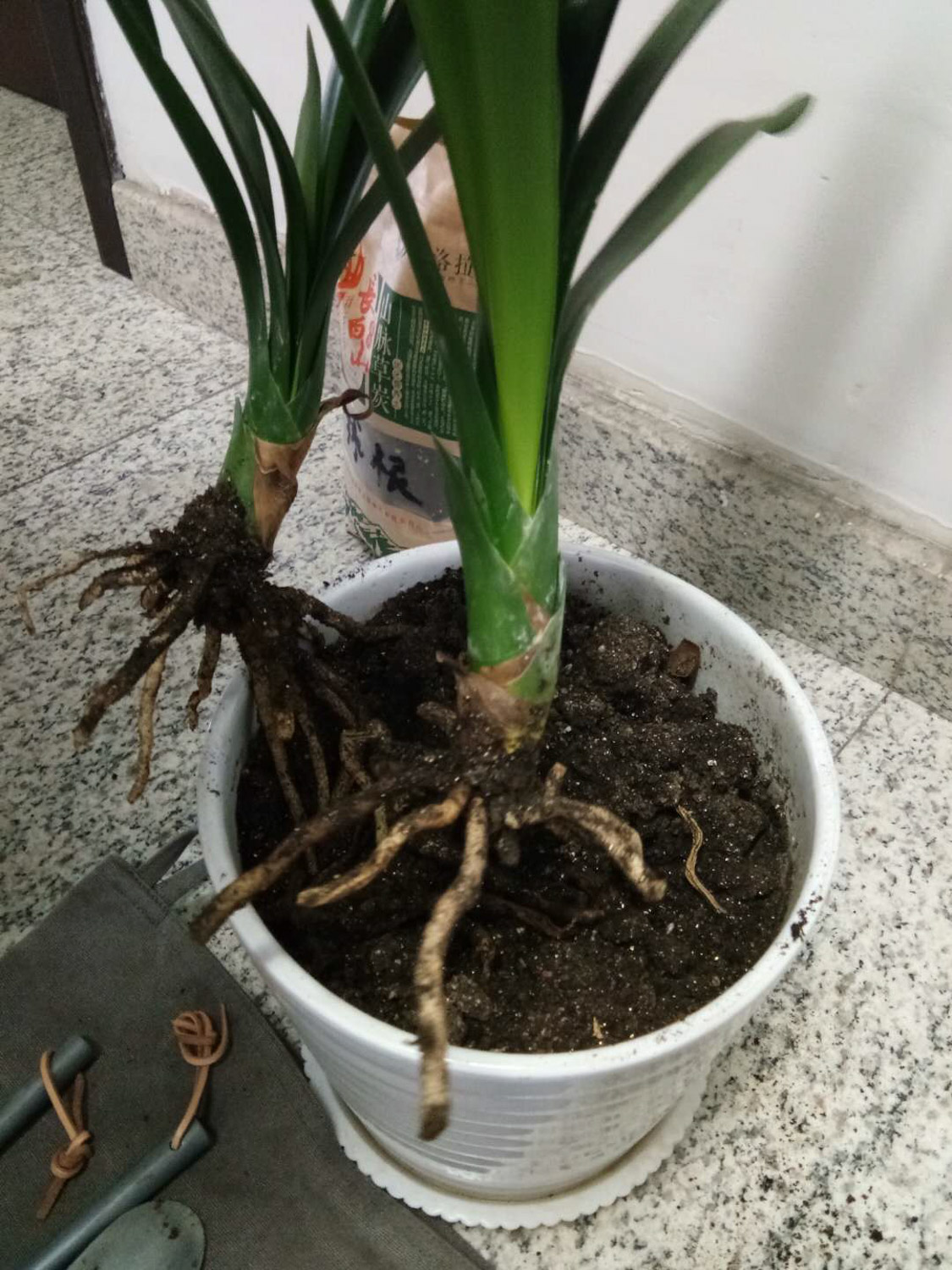
2. Raise the temperature after growing pedicels
After growing the pedicel, keep the Phalaenopsis in the heating room to ensure the temperature between 22-30 degrees and promote the continuous growth of the pedicel. There is no need to create a large temperature difference
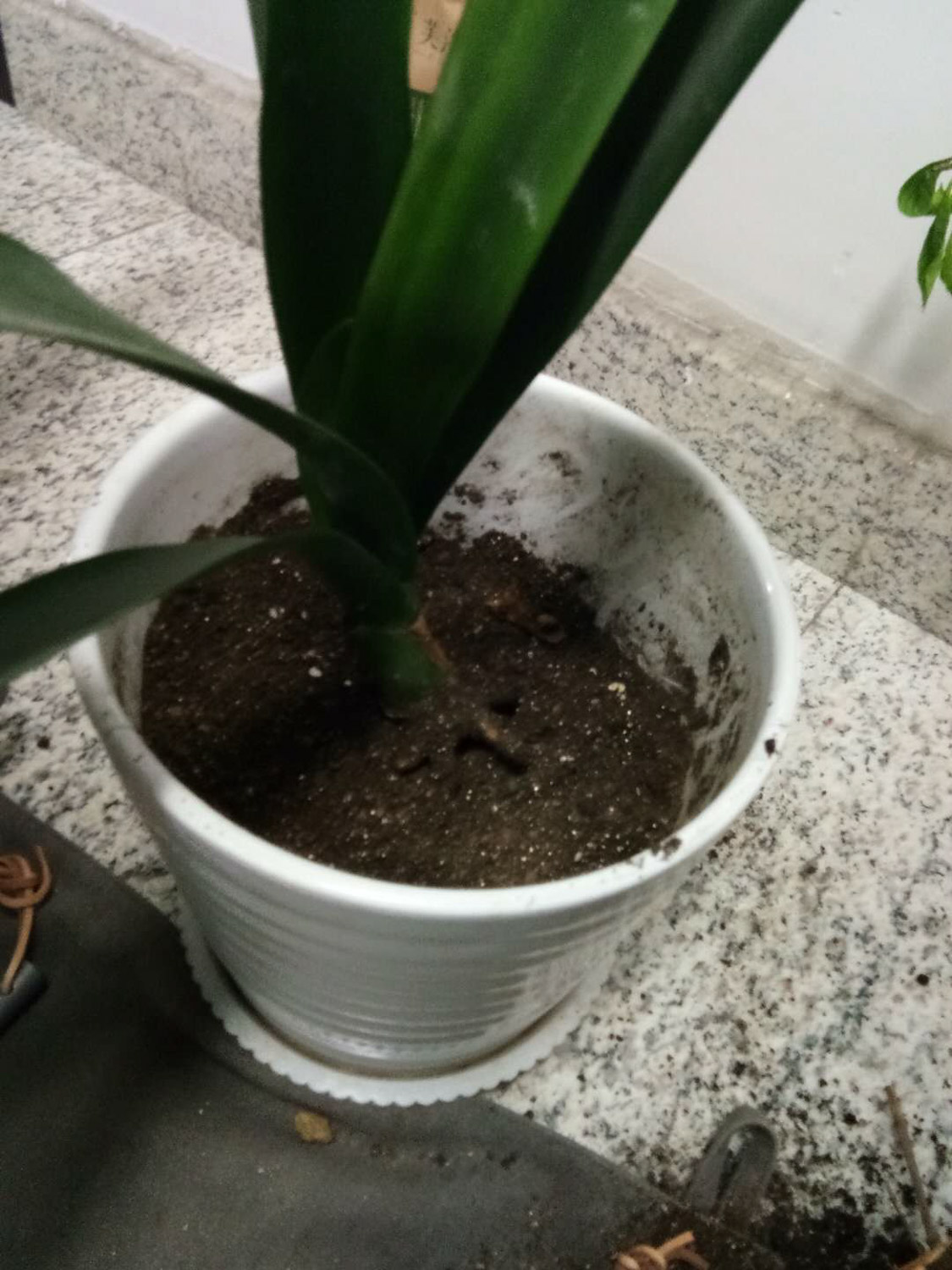
3. Increase the illumination time
Before and after Phalaenopsis grows pedicels, it should be placed in places with sufficient light such as the south balcony, and try to bask in the sun. The more the sun, the more pedicels, and the more flowers
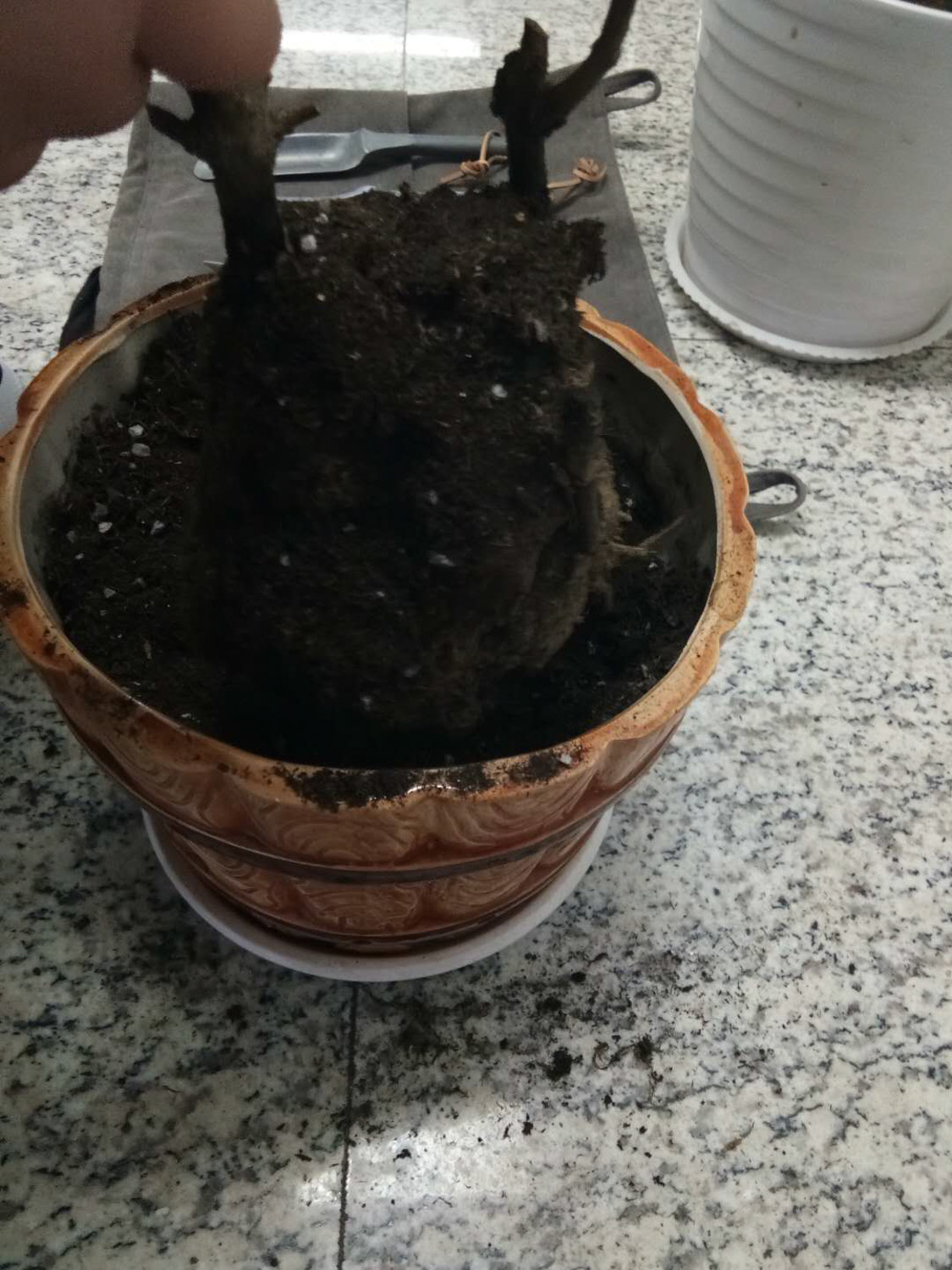
4. Increase the application of phosphorus and potassium fertilizer
If you want Phalaenopsis to blossom, you should apply phosphorus and potassium fertilizer before flowering, including the period of growing pedicels. You can apply compound Hefei or potassium dihydrogen phosphate, about 2-3 times a month. Apply thin fertilizer frequently, and don't apply it after flowering
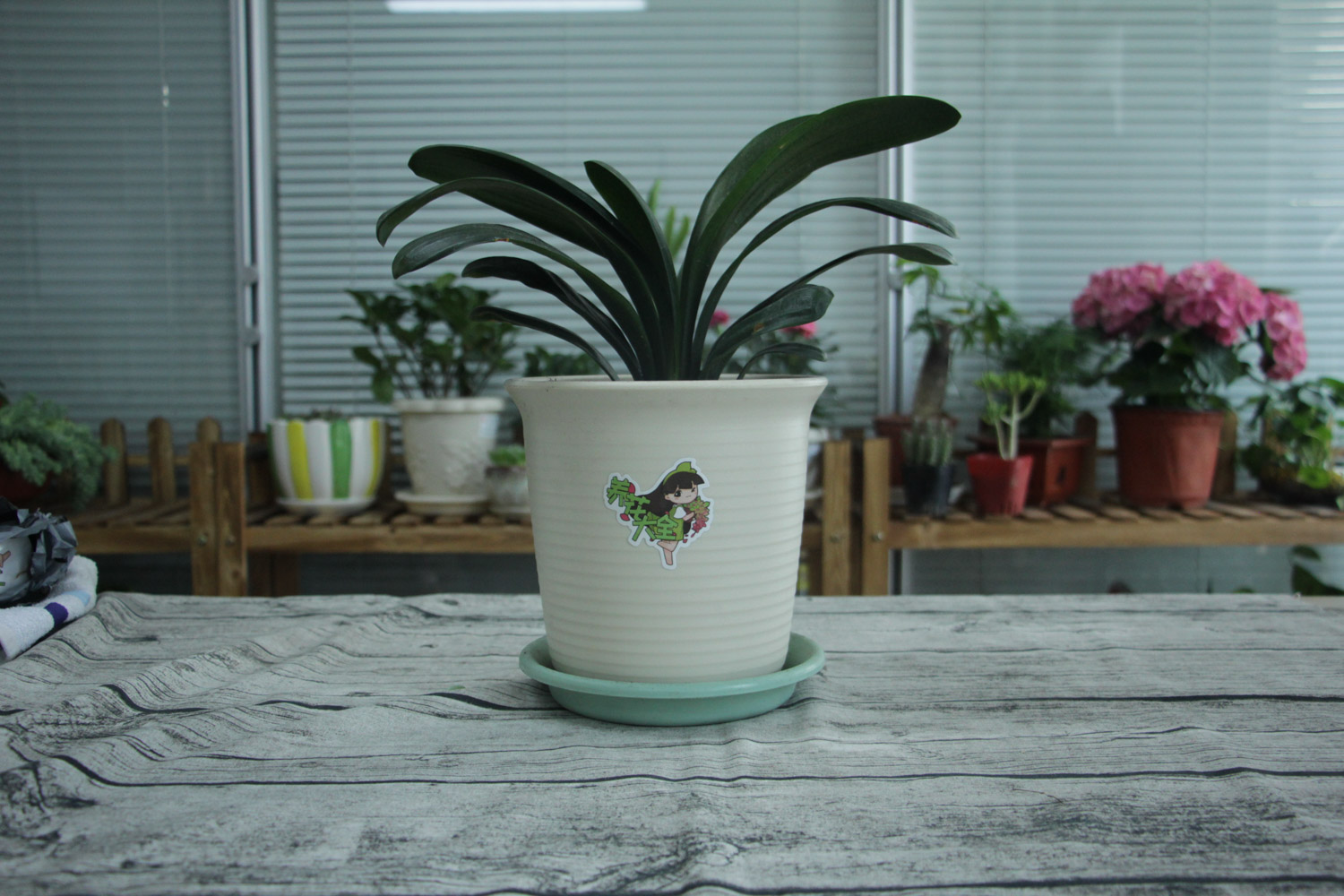
5. Increase humidity
Phalaenopsis likes humidity. During flower induction, it is necessary to ensure greater air humidity in order to facilitate the growth of flower stems. You can spray more water on the leaves of Phalaenopsis, or put several water holding trays around it to humidify
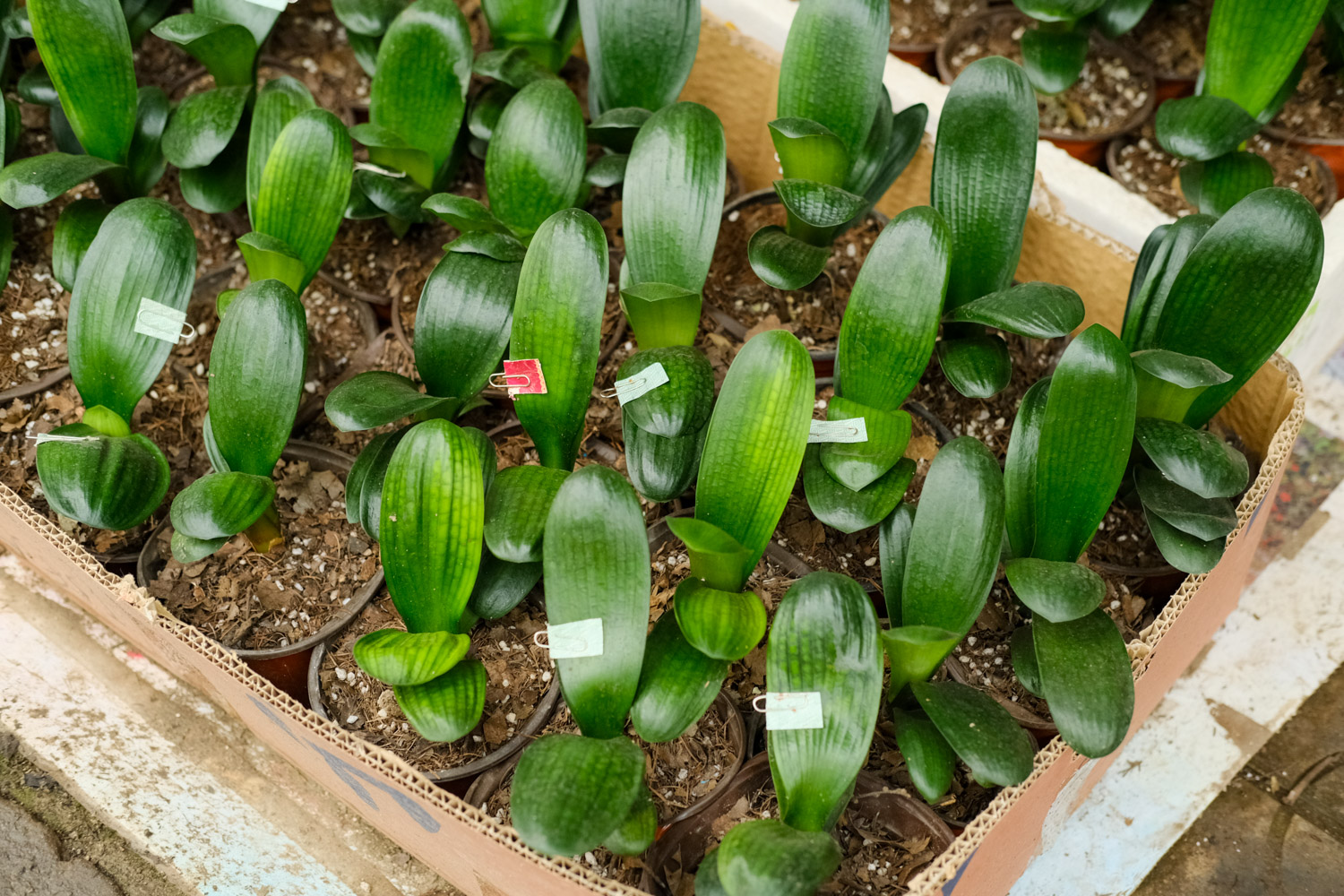
The gardenia is frozen, and the flowers will bend the branches in the coming year
Gardenia is difficult to raise in the north, often yellow leaves, and it is difficult to raise flowers. But sometimes we don't want it to spoil it, let it suffer from the cold in winter, and it will bloom more next year
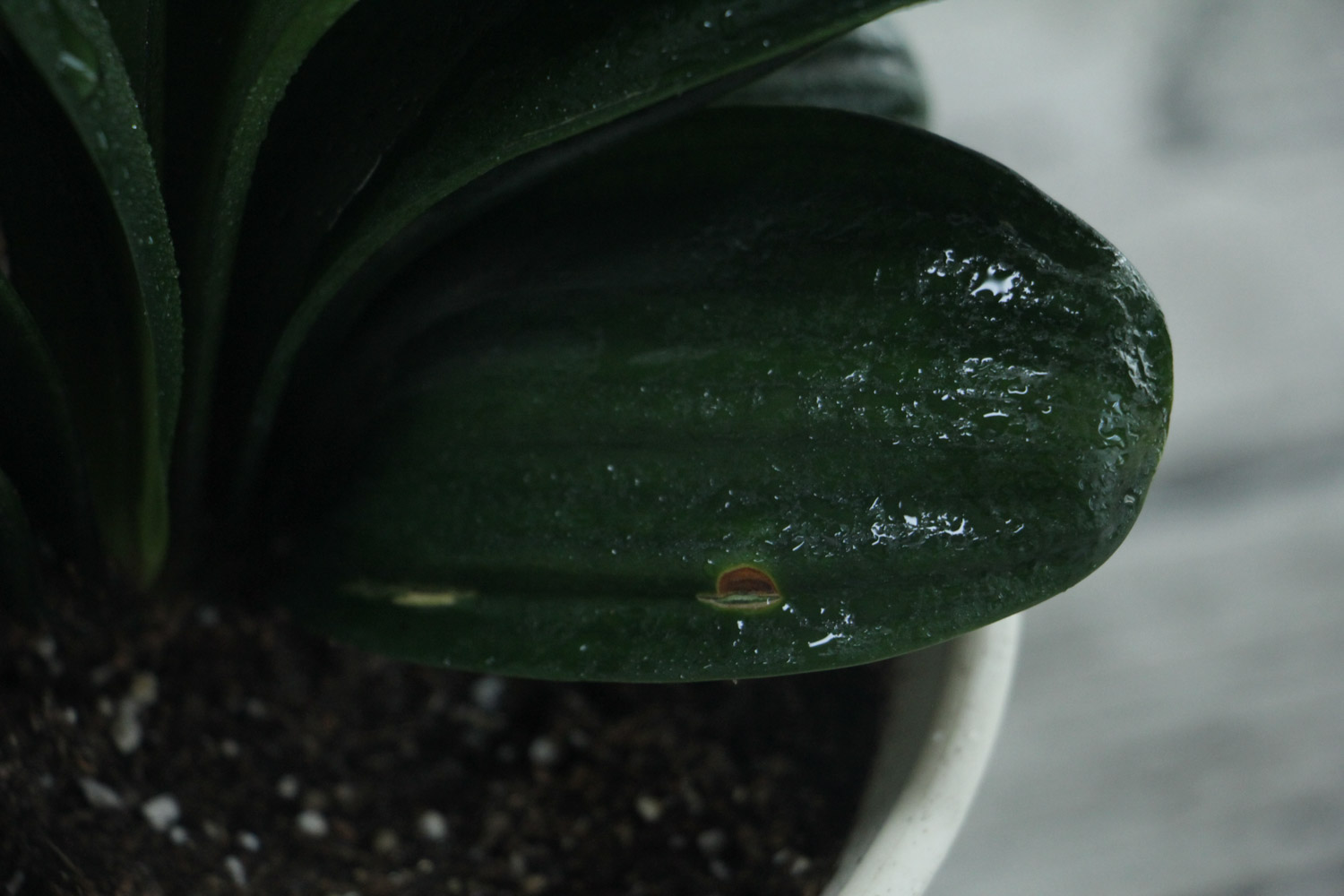
Gardenia Flower promotion measures:
1. Appropriate low temperature to make it dormant
The best temperature of Gardenia in winter is 0-12 degrees. At this temperature, gardenia is dormant and will not be frostbitten. If it is higher than 12 degrees, it will germinate and consume too much nutrients, resulting in less or no flowering next year
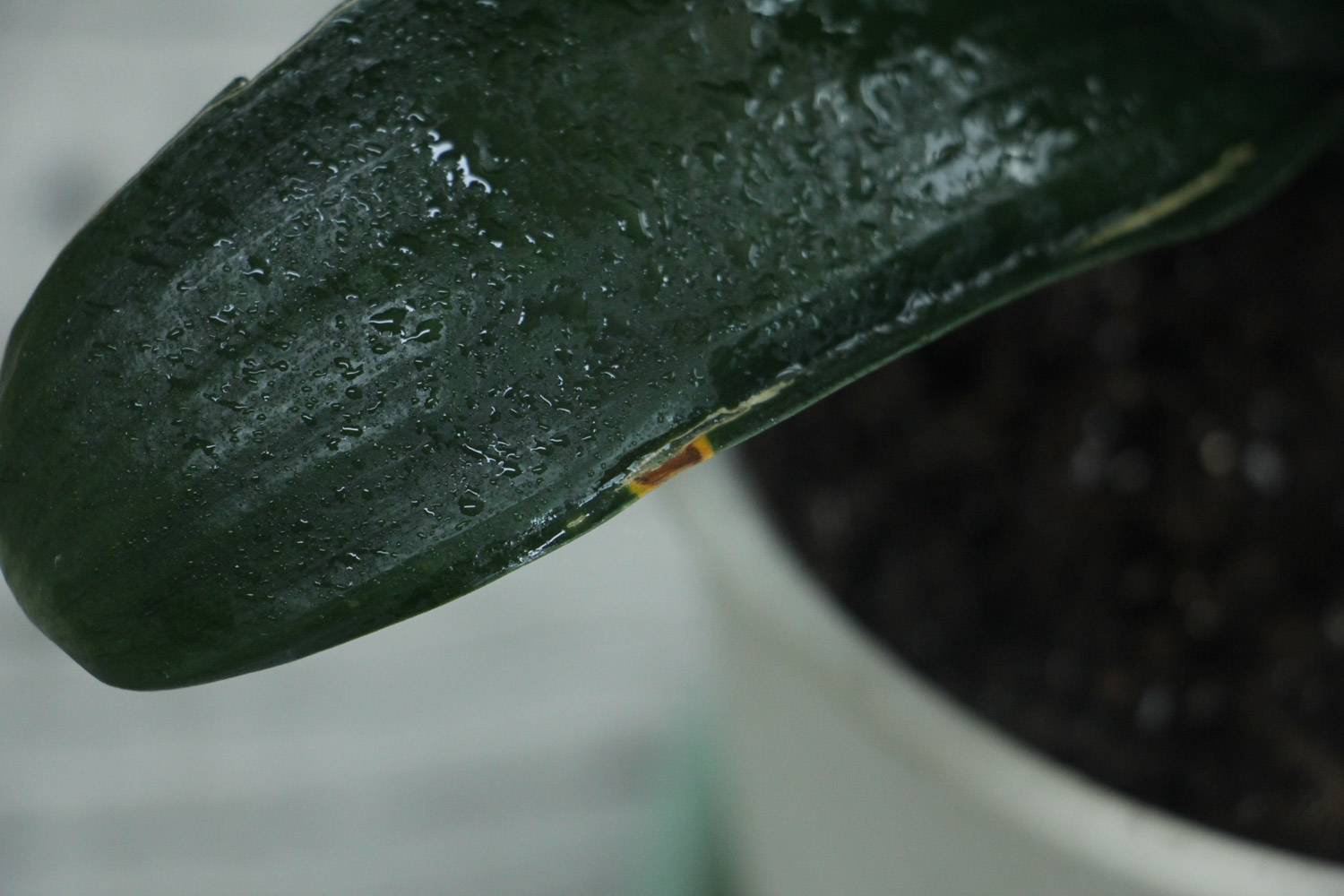
2. Control watering to prevent frostbite
During dormancy, the metabolism of gardenia is slow and its absorption capacity is weakened. Therefore, watering should be controlled to prevent ponding, rotten roots and frostbite. The basin surface should be white and dry. It can be watered about twice a month and at noon
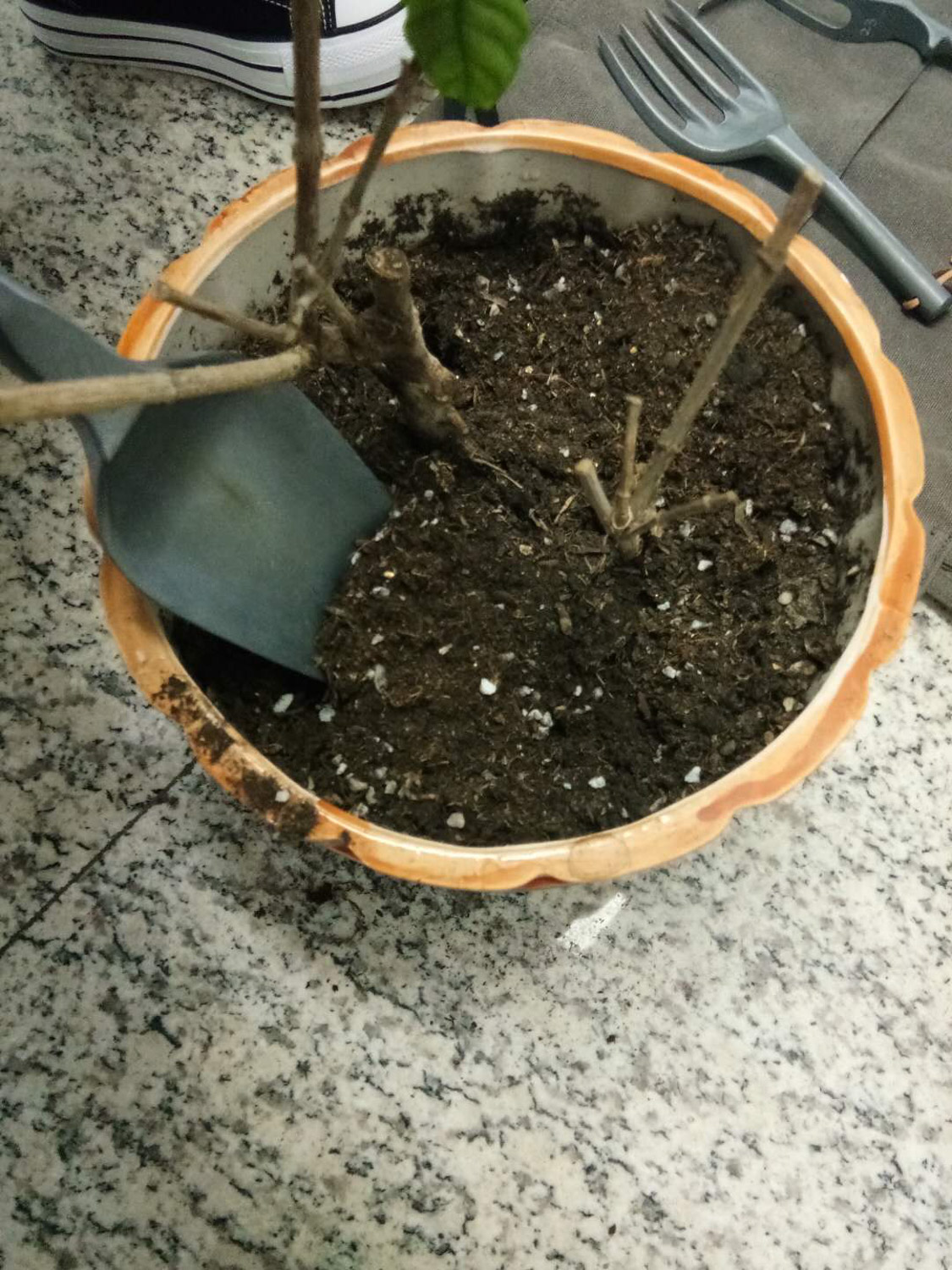
3. Control not to prune stored nutrients
Before and during the dormancy of Gardenia jasminoides, do not carry out too many pruning activities. Try to keep more healthy leaves, bask in the sun for photosynthesis, accumulate enough nutrients for overwintering, and re prune on Qingming Festival

In addition to the above three flowers
Like orchids, roses, jasmine and other flowers
It also takes a period of low temperature in winter to breed flower buds
Don't keep the flowers warm
Sometimes appropriate wind and snow will make it stronger and more beautiful

 how many times do yo...
how many times do yo... how many planted tre...
how many planted tre... how many pine trees ...
how many pine trees ... how many pecan trees...
how many pecan trees... how many plants comp...
how many plants comp... how many plants can ...
how many plants can ... how many plants and ...
how many plants and ... how many pepper plan...
how many pepper plan...